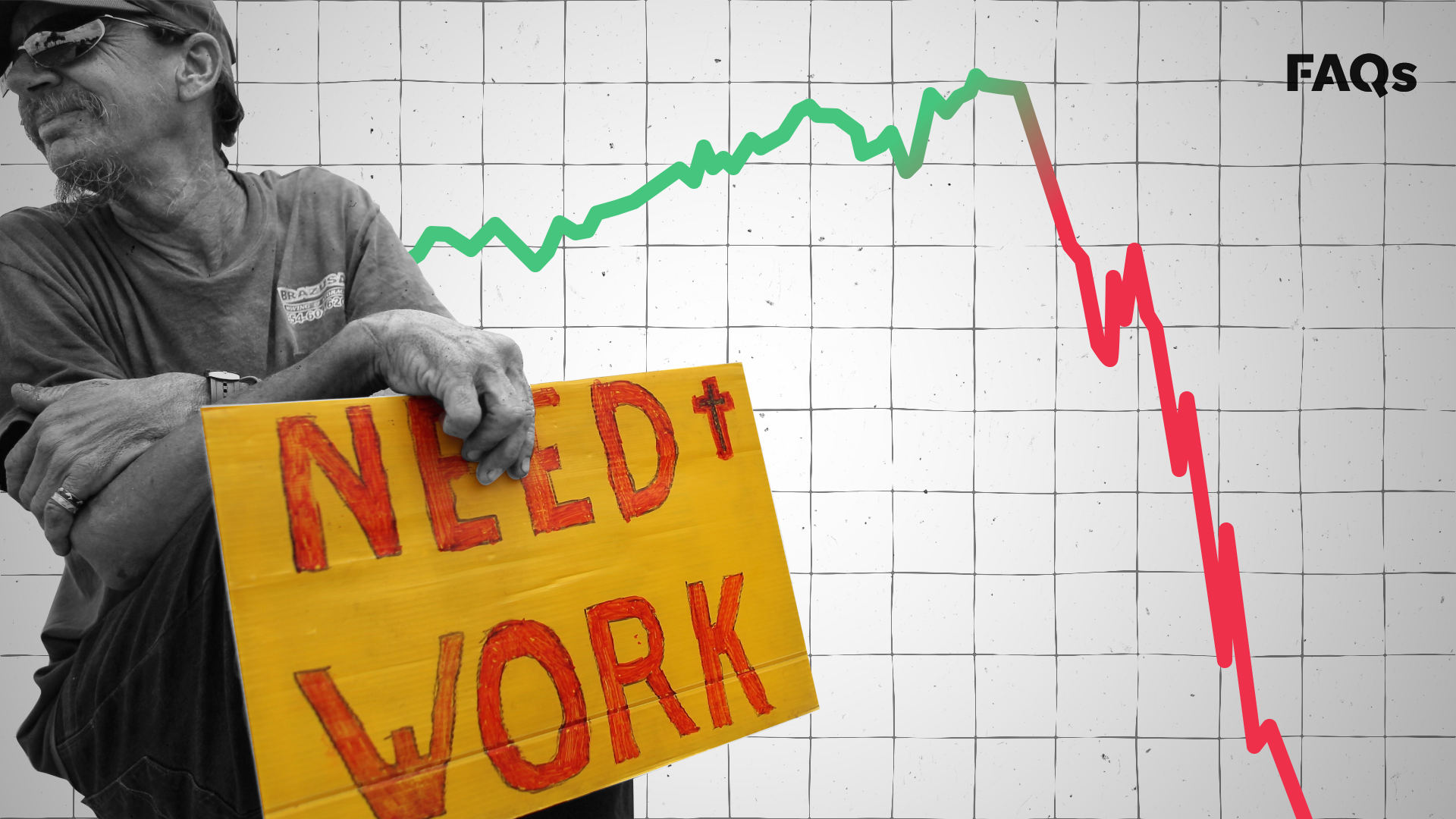Stocks, oil prices rebound as countries ease lockdowns

U.S. stocks and oil prices advanced Tuesday as more states and countries eased restrictions on businesses, raising hopes for a recovery after the coronavirus pandemic rattled investors and pushed the economy into a historic plunge.
The Dow Jones industrial average climbed 133.33 points to close at 23,883.09. The Standard & Poor’s 500 rose 0.9% to end at 2,868.44, led by gains in health care and technology shares.
Moves toward restarting economies stalled by lockdowns have raised hopes for a recovery in demand for oil, boosting shares of energy companies as crude prices surged 20%. Dow component Chevron jumped 1.6%.
To be sure, crude's steep declines in recent months is crushing many American producers. Oil prices plunged last month as a price war between Russia and Saudi Arabia further roiled the market. At one point, U.S. benchmark crude was priced so low that producers would have been paying customers to take the oil away.
“Storage constraints and oversupply problems have not disappeared, while demand is only set to recover modestly,” Chris Beauchamp, chief market analyst at IG Group, an online trading provider, said in a note. “Buyers of oil now risk being very late to the party.”
A barrel of U.S. oil to be delivered in June jumped 20.5% to settle at $24.56 Tuesday, posting its fifth consecutive day of gains for the first time since July. It’s still well below the roughly $60 that it cost at the start of the year, after plunging on worries that the collapse in oil demand would lead to topped-out storage tanks.
Facing balloon payments on your mortgage?: Here's what to do
Get me out of here!: Americans flee crowded cities amid COVID-19, consider permanent moves
Technology stocks also continued their strong run, and Apple and Microsoft both rose at least 1%. That’s big for the S&P 500 because those two companies alone account for 11% of the entire index’s market value. Tech stocks in the S&P 500 have erased all their losses for 2020 so far, after earlier being down as much as 23%.
The U.S. is taking steps to lift some restrictions imposed amid its outbreaks, even as thousands of new cases are reported each day. California prepared for Stage 2 of its reopening plan, which will allow some retail businesses to begin curbside pickup on Friday. Arkansas, meanwhile, will permit barbershops, beauty salons, massage therapists and tattoo artists, among others, to open again on Wednesday.
In the U.S. there are almost 1.2 million confirmed cases, according to the John Hopkins University data dashboard. Worldwide, the virus has killed over 254,000 people and infected more than 3.6 million.
Many European countries that have seen new infections tapering off amid strict social distancing measures and nationwide lockdowns have begun relaxing some restrictions while watching to see whether numbers began to rise again. In Asia, China and South Korea were slowly resuming public events after months of containment efforts.
“We're not out of the woods yet, but any move in the direction of opening is a good thing, and as long as these measures can be taken while keeping the outbreak in check, additional steps to reopen can continue,” Paul Hickey, co-founder at Bespoke Investment Group, said in a note.
This is another busy week for markets, with a slew of corporate earnings reports due, including more than 150 companies in the S&P 500. On Friday, the government will also show how many jobs were lost during April.
"We will begin to get a true, month-long picture of just how economically debilitating the shutdown has been," David Joy, chief market strategist at Ameriprise Financial, said in a note.
The next two weeks will also give investors more insight about the experience of those communities slowly reopening their economies, analysts say.
"Questions as to how quickly consumers will re-engage socially, and whether a new frugality will emerge will begin to come into focus, as will the associated risk of an acceleration of infections as social distancing discipline eases," Joy said.
In other trading, the yield on the 10-year Treasury note ticked up to 0.65% from 0.63% late Monday. It‘s still well below the 1.90% it yielded at the start of the year. Yields tend to fall when investors are downgrading their expectations for the economy and inflation.
In Europe, Germany’s DAX rose 2.5% while the CAC 40 in Paris gained 2.4% Britain’s FTSE 100 advanced 1.7%. Hong Kong’s Hang Seng added 1.1%, as the government said it would relax some social distancing measures. In Australia, the S&P/ASX 200 climbed 1.6%.
Contributing: The Associated Press